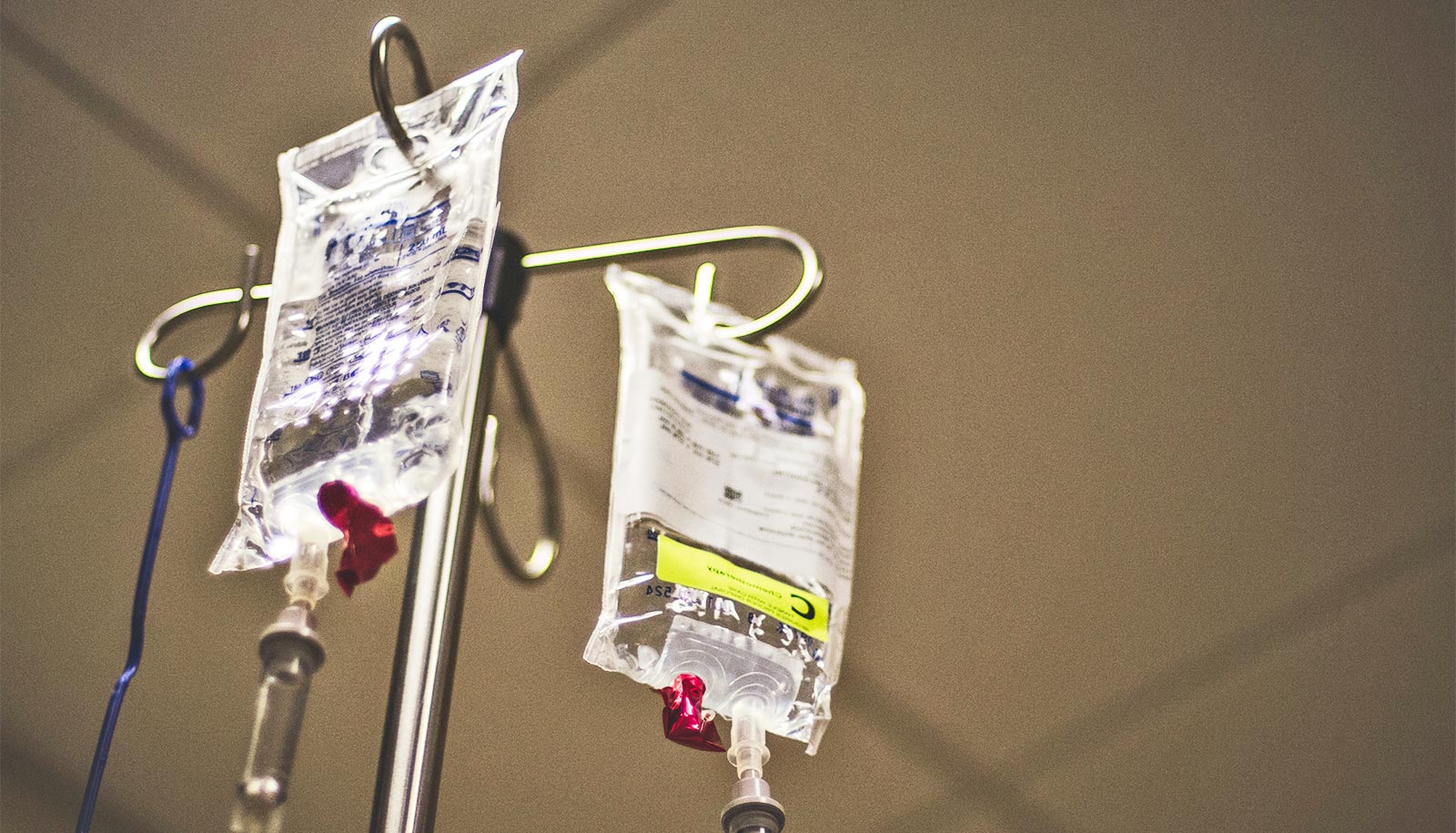In an effort to reduce infant mortality in Nigeria, researchers have documented high rates of Group B Streptococcus.
The work establishes the baseline of colonization and transmission frequencies of GBS in Nigeria. Equally important, the researchers identified new risk factors that are allowing doctors to effectively treat more women and infants at risk.
In the United States, September is National Newborn Screening Month. In developing nations, lack of infant screening leads to unusually high rates of infant mortality.
“Nigeria has one of the highest rates of mortality of pregnant mothers, and GBS and other pathogens contribute to these deaths,” says Shannon Manning, professor of microbiology and molecular genetics at Michigan State University. “GBS can cause stillbirth, premature birth, and, after the baby is born, it can cause meningitis and sepsis.”
When Nigerian physician Nubwa Medugu began her residency program, it was common knowledge that GBS was the most-common cause of sepsis in infants worldwide. She, however, had never seen a single case during her early medical training in her home country.
“I hypothesized that lack of active surveillance and poor laboratory methods might be the reason as to why we weren’t detecting cases,” Medugu says. “I decided that my dissertation was going to answer those questions.”
Her hypothesis was right.
Medugu’s research led to Manning, a leading authority on decoding deadly pathogens. There were no labs in Nigeria that could run the necessary experiments needed to publish a paper. So, Medugu agreed to do the legwork while Manning supervised the lab work.
The seemingly indefatigable Medugu collected all of the necessary samples—from 500 women and infants—from four different hospitals while completing her residency and raising her three children. The samples went to Michigan State for examination. Eventually, Medugu also traveled to East Lansing, Michigan, to learn new molecular methods, such as Manning’s advanced genotyping technique.
The partnership proved successful. Medugu finished her dissertation, and the scientists navigated the necessary steps to publish a peer-reviewed paper, which shows that 34 percent of mothers and 19 percent of their newborns were colonized with GBS with 1 of the 500 babies developing disease.
Compare this to the US, where a pregnant woman who receives standard antibiotics has only a 1 in 4,000 chance of delivering a baby infected with GBS.
Reducing infant mortality trims lifespan inequality
“Our results showed high rates of colonization and transmission in a population that doesn’t use antibiotics to prevent neonatal infections—a strategy that should be considered in the future,” Manning says. The findings appear in Clinical Microbiology and Infection.
The World Health Organization estimates that 3 million of all babies that die annually can be saved with low-tech, low-cost care. Medugu agrees—and she has already sparked many changes at her hospital in Abuja, Nigeria.
Today, Medugu and her colleagues routinely check for GBS infections.
“This study has been one of the principal drivers of infection prevention and control programs that have drastically reduced infant mortality,” Medugu says.
Klebsiella pneumoniae also has claimed its share of Nigerian babies. Working with an NGO, Medugu facilitated training that emphasizes hand hygiene, which has effectively reduced the disease’s impact, Medugu adds.
She believes that even more improvements will spread countrywide—and beyond—now that the paper has published.
Source: Michigan State University



